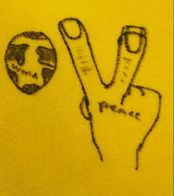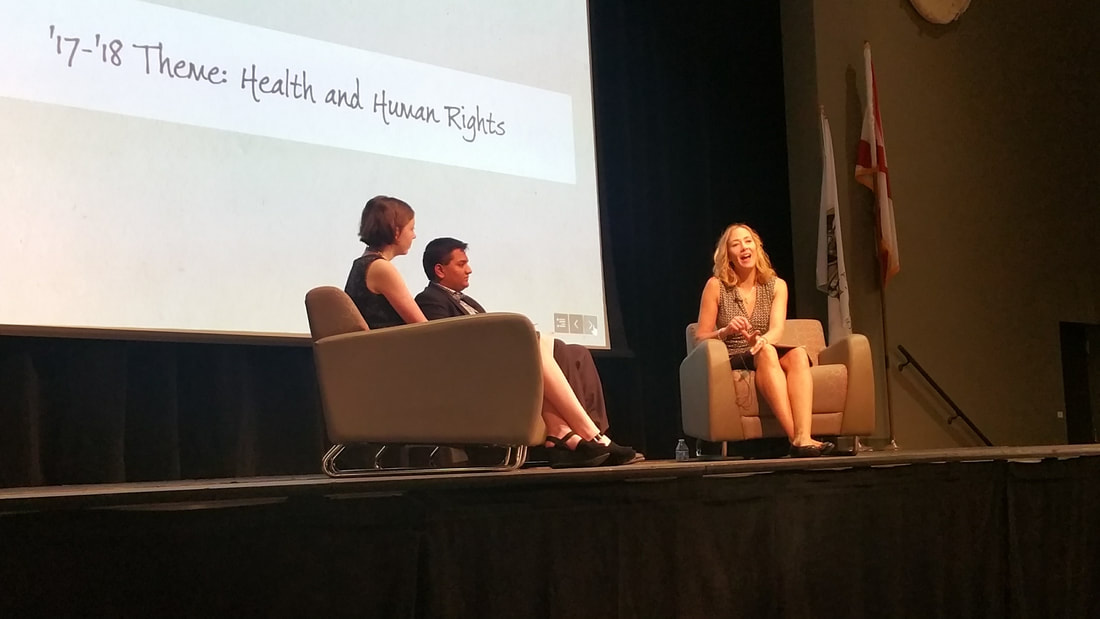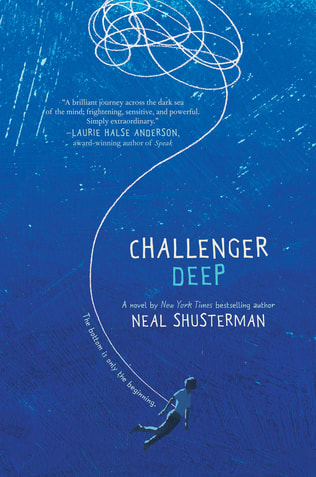 Whenever we do anything at Altamont, we try to keep one eye on the plan and one on the big picture. The original intentions of the Global Initiative were—and remain—to broaden horizons and to cultivate empathy. We live in a big world, that is richer for and complicated by diversity. If we are to truly fulfill our mission, we must make dedicated efforts, within the classroom and without, to prepare ourselves for life in such a world. A broad view and a position of inquiry endears us to others and it models how we would like to be perceived. They aren’t a perfect panacea for our nation’s and the world’s ills, but they encourage restraint and dialogue. In a time that is culturally and politically charged, with passionate--often toxic—rhetoric spewed within echo chambers and at strangers, we need these values to moderate our emotions and buttress our perspectives. We live in this complicated world, but that doesn’t mean that we must be at the mercy of it. We are not merely characters written into some grand narrative; we have choice. If Altamont does its job, we will send you out equipped and emboldened to write new narratives about defending equity, fighting injustice, and leaving your sphere a little better for all. As we explore human rights, we look at the daunting task of creating fundamental rights for all humans, regardless of constructs and divisions. Really, as Dr. Kempin Reuter eloquently illustrated, we’re exploring just how difficult it is to come to any consensus when a bunch of people with unique beliefs meet at a table. Should a right for someone here be a right for someone everywhere? Do we have the right to impose our values? Do the answers ever get easy?! Perhaps thinking in the micro is a wiser approach. How do we make something so lofty and daunting manageable and achievable? We take a second to think. We treat our neighbors well and remember, as Challenger Deep teaches and countless others have echoed, that everyone is going through something. We listen to our friends, strangers, and the past so that we can be present. We subject ourselves to one another. We identify rights that we believe in, decorate some silly felt, and make a monument to our diverse values—a patchwork of principled pieces that create a brilliant whole. In doing so, we model a better narrative—one that celebrates many protagonists. And when we fail—and we will fail, we look to that silly felt to remind us how to be better. Then we lift each other up and keep pressing forward. In All I Really Need to Know I Learned in Kindergarten, Robert Fulghum relates a handful of anecdotes that apply a 5-year-old’s class rules to an adult’s--one could argue even a nation's--experience. In the chapter “Credo,” he reminds us that “… it is still true, no matter how old you are - when you go out into the world, it is best to hold hands and stick together.” Simple enough?
0 Comments
Leave a Reply. |
AuthorThis blog is the collective voice of every person involved in the Global Initiative. Just as the globe hosts billions of disparate voices, we hope this space will embody and embrace the same diversity. Archives
July 2019
Categories |


 RSS Feed
RSS Feed
